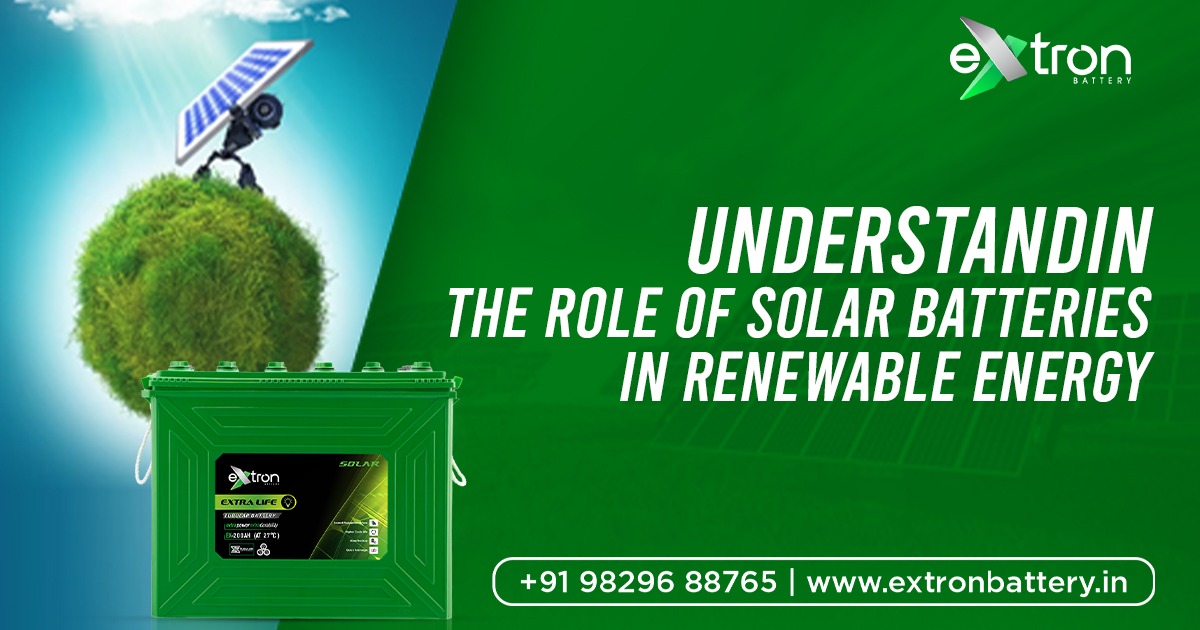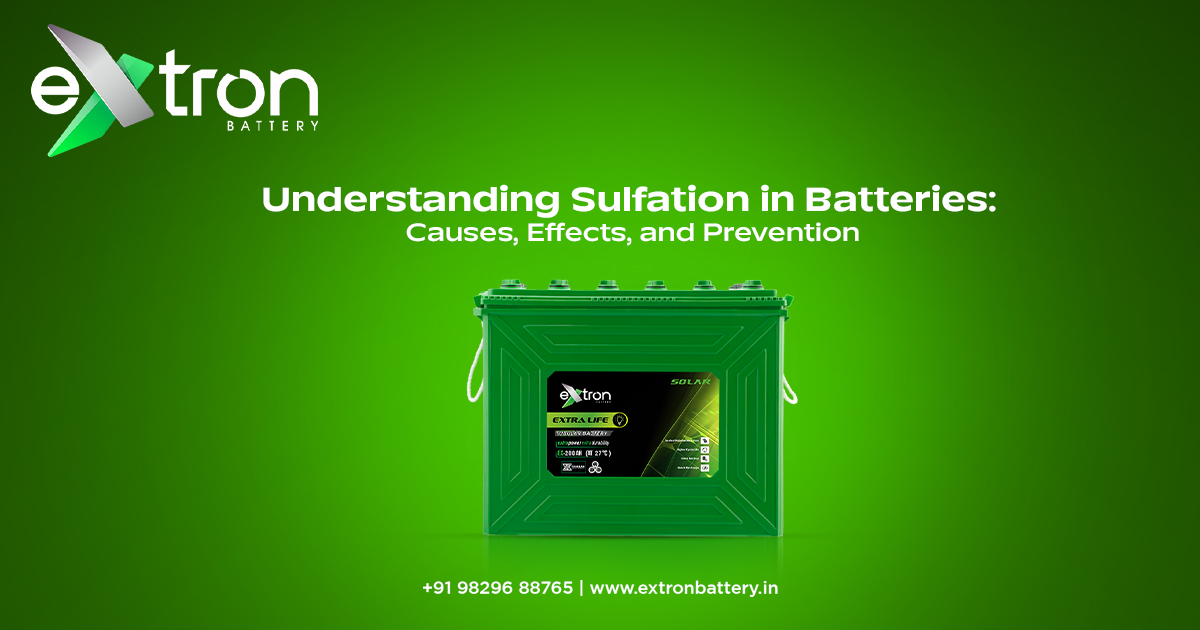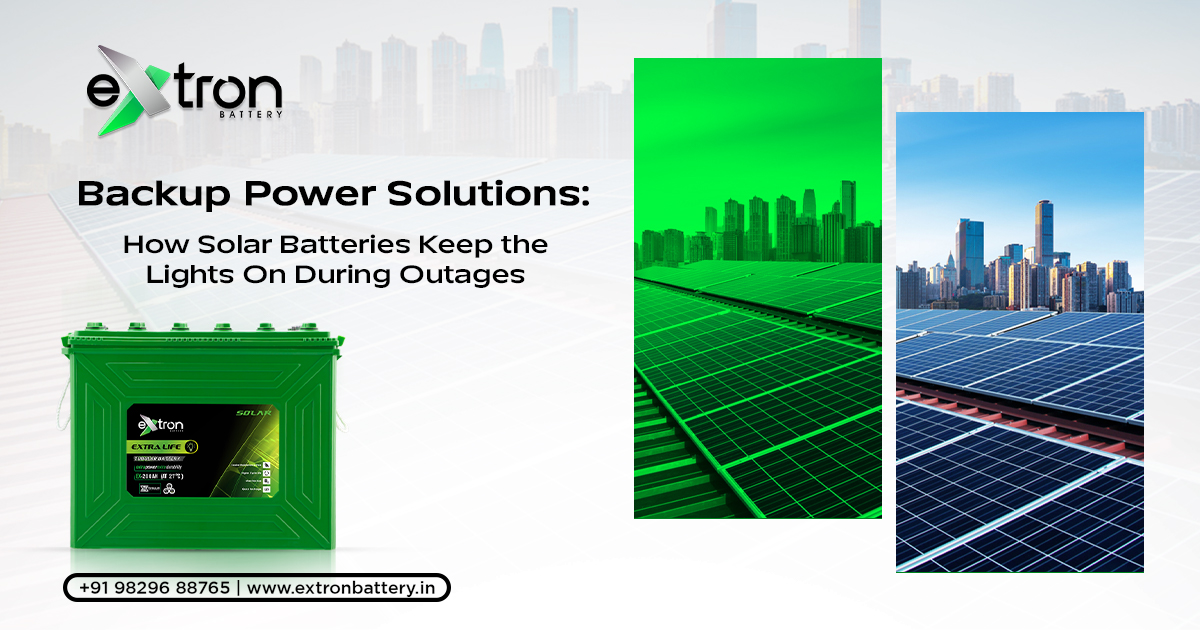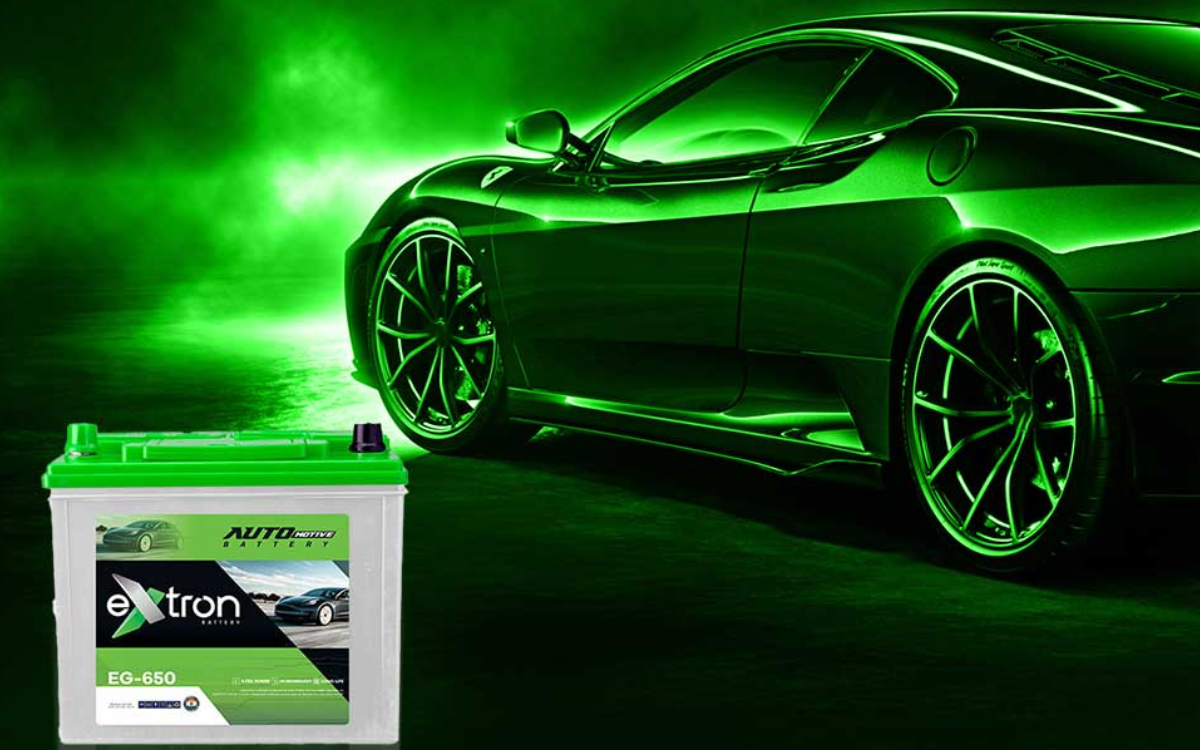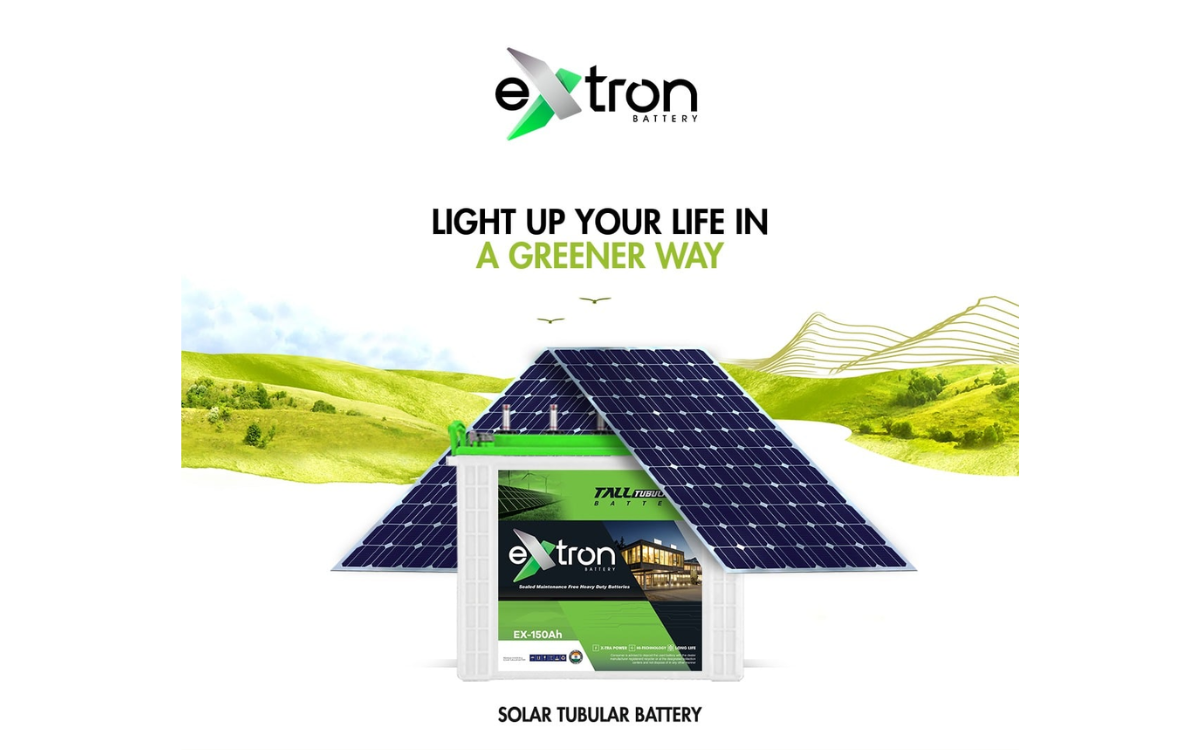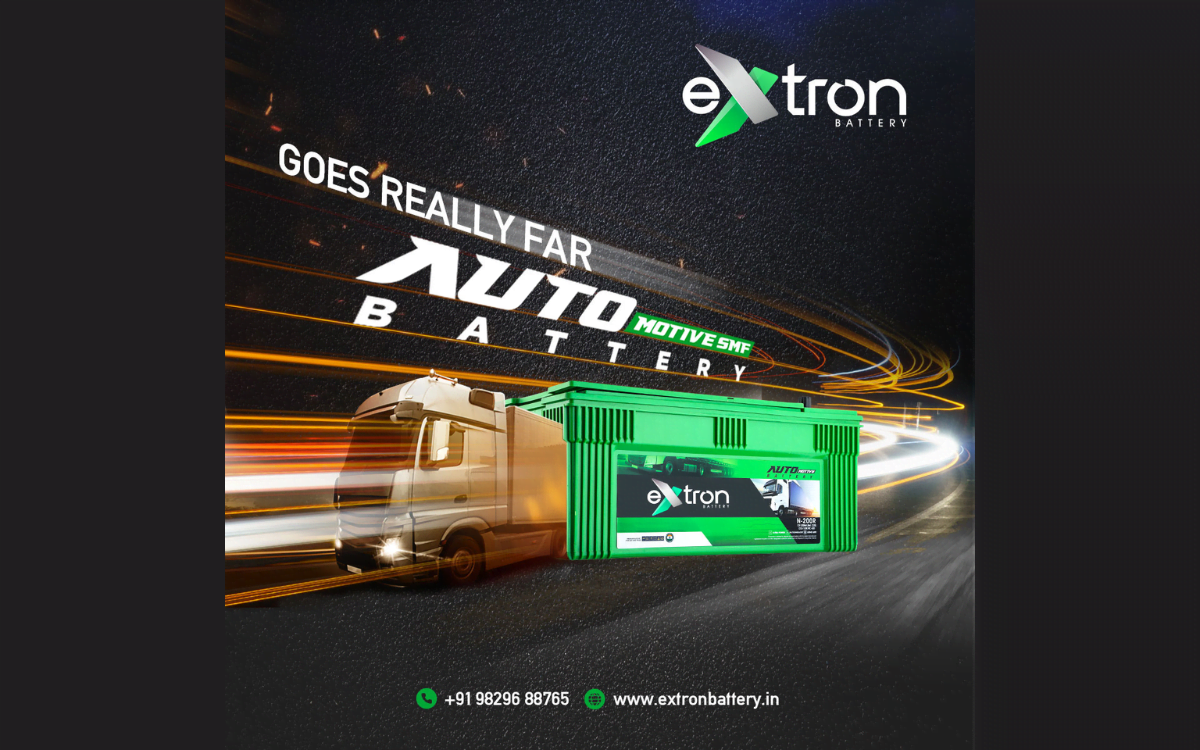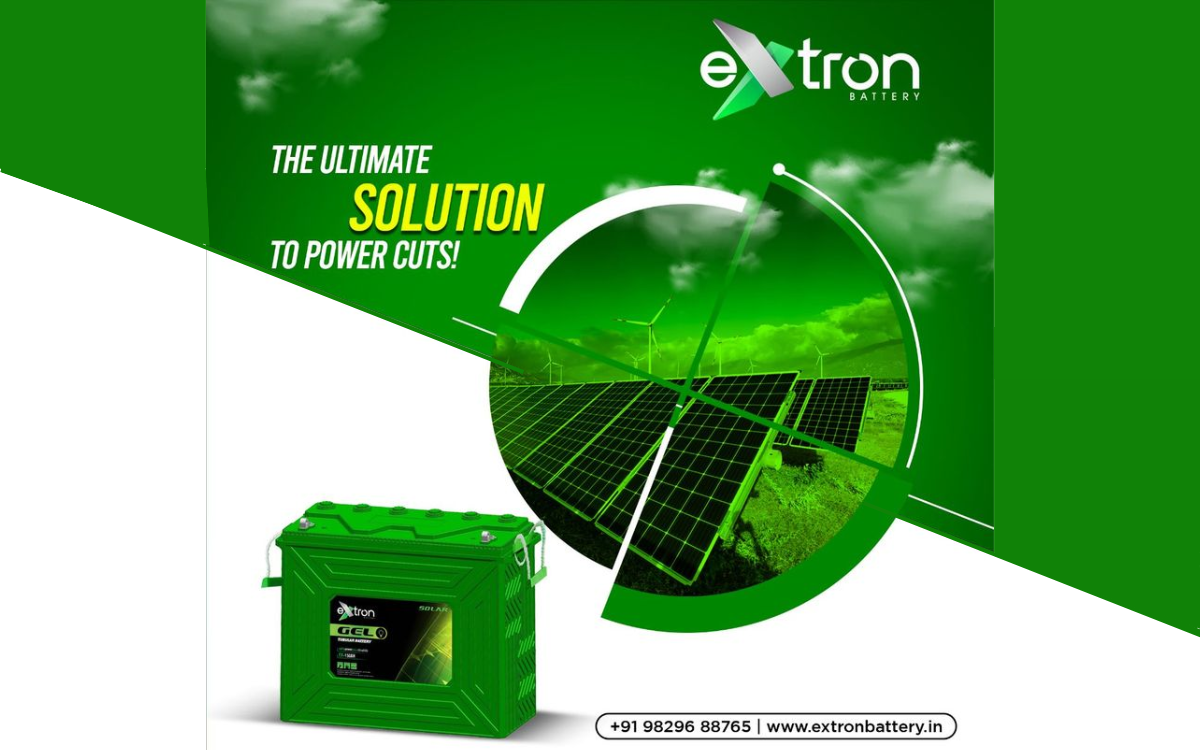In the world of renewable energy, solar power stands as a beacon of sustainability, harnessing the abundant energy provided by the sun to generate electricity. However, as the demand for solar energy continues to rise, the need for effective energy storage solutions becomes increasingly apparent. This is where solar batteries play a pivotal role, bridging the gap between sunlight and storage and unlocking a myriad of benefits for both individuals and communities alike.
1.Storing Solar Energy:
At its core, the primary function of solar batteries is to store the energy generated by solar panels during periods of sunlight. By capturing excess energy that would otherwise go unused, solar batteries ensure that solar power can be utilized even when the sun isn’t shining. This ability to store solar energy enables a more consistent and reliable power supply, regardless of weather conditions or time of day.
2. Energy Independence:
One of the key benefits of solar batteries is the ability to achieve energy independence. By storing solar energy on-site, individuals and businesses can reduce their reliance on the traditional grid and gain greater control over their electricity usage. This not only provides peace of mind in the event of power outages but also helps to stabilize energy costs and reduce dependence on fossil fuels.
3. Maximizing Self-Consumption:
Solar batteries enable users to maximize self-consumption of the energy generated by their solar panels. By storing excess energy for later use, homeowners and businesses can offset their electricity consumption from the grid, resulting in lower utility bills and increased savings over time. This also helps to optimize the overall efficiency of the solar energy system by reducing wasted energy.
4. Grid Support and Stability:
Solar batteries play a crucial role in supporting the stability and resilience of the electrical grid. By storing excess solar energy and discharging it during periods of high demand, solar batteries help to alleviate strain on the grid and reduce the need for costly infrastructure upgrades. Additionally, distributed battery storage systems can provide ancillary services such as frequency regulation and voltage support, further enhancing grid stability.
5. Environmental Benefits:
Incorporating solar batteries into renewable energy systems helps to further reduce greenhouse gas emissions and mitigate climate change. By storing and using clean, renewable energy from the sun, solar battery users contribute to a more sustainable and environmentally friendly energy future. This not only benefits the planet but also helps to improve air quality and public health in communities around the world.
6. Resilience and Emergency Preparedness:
In addition to providing backup power during grid outages, solar batteries enhance resilience and emergency preparedness for homeowners and businesses. By ensuring a reliable source of electricity in times of crisis, such as natural disasters or blackouts, solar batteries help to maintain essential services and ensure the safety and well-being of individuals and communities.
In conclusion, solar batteries play a critical role in the transition to a more sustainable and resilient energy future. By enabling the storage of solar energy and unlocking a host of benefits, from energy independence and grid stability to environmental sustainability and emergency preparedness, solar batteries are essential components of modern renewable energy systems. To explore solar battery options and embrace a greener future, consider Extron Solar Battery – your partner in sustainable energy solutions. Extron is a trusted solar battery manufacturer in India offering high quality solar batteries to make your life bright with solar energy.
